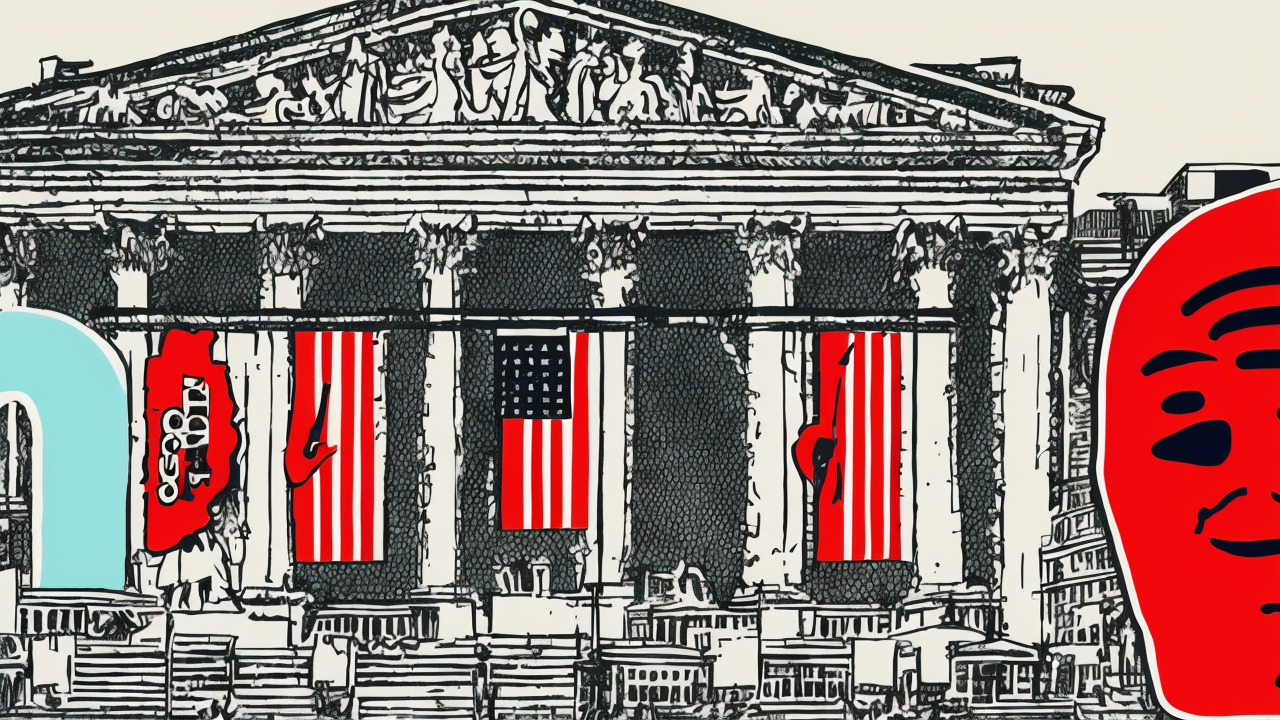Global Payment Systems Face Modernization and Competition

Global payment systems are undergoing significant changes as countries and companies strive to modernize infrastructure and adapt to evolving consumer preferences. Recent developments highlight both progress and challenges in the sector.
SoftBank-owned PayPay has filed for a US listing, signaling its ambition to expand globally. The sale of American depositary shares could value the company above $10 billion, with proceeds potentially funding investments in artificial intelligence. Meanwhile, Brazil has defended its popular Pix payment system against criticism from former US President Donald Trump, who accused the system of unfairly discriminating against US credit card companies.
In the UK, the Bank of England has emphasized the need to replace outdated payment infrastructure, calling the revamp a top priority. This follows a surge in mobile payments, driven by improved security and relaxed spending limits. However, cash usage remains stubbornly high in some regions, with UK banknotes in circulation hitting a record high.
Despite these advancements, traditional payment giants like Visa and Mastercard face growing competition from digital wallets and fintech startups. PayPal, for instance, is grappling with declining popularity among younger generations, prompting strategic shifts. Meanwhile, emerging markets like Nigeria are seeing rapid growth in mobile payments, with apps like PalmPay catering to underserved populations.
As the global payment landscape continues to evolve, governments and companies must balance innovation with security and accessibility to ensure inclusive financial systems for all.
Published: 8/15/2025
















